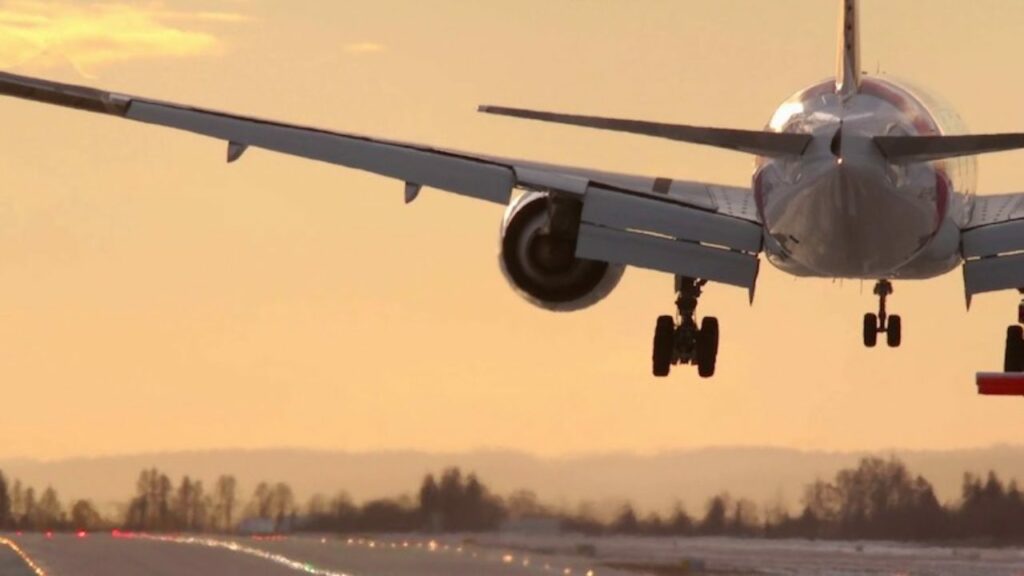The civil aviation ministry said that limits imposed on domestic airfares will be removed from 31 August, after approximately 27 months.
The cap was imposed by the ministry on 21 May, 2020.

Contents [hide]
Discounts imminent?
Airlines will be free to decide the fare post 31 August.
They had been suffering from large losses.
But now with the lifting of restrictions on fares, both upper and lower limits have been done away with, they may discount tickets to attract passengers and increase their volume.
Positive news for industry
Mansi Lall, Research Associate at Prabhudas Lilladher Pvt Ltd, said that this is a positive move from the government which comes at a time when fuel prices are stabilizing and demand is returning to normalcy.
The government had held discussions with several airlines in June regarding removing the price bands for passenger fares.
This came about following the demand from airlines for the same, saying that this is becoming a hurdle for the aviation industry to recover fully after the Covid-19 pandemic.
Slashed fares during lean period, surge in high-frequency routes
Low-cost carriers will continue to maintain attractive fares in lean travel periods
Certain flight routes for instance metros like Mumbai, Delhi and Bengaluru are likely to witness surge in pricing.
However, with the festive season coming up, higher fares could help with margins as fuel costs remain much above the pre-pandemic levels.
Daily demand and fuel prices
The decision to remove air fare caps has been taken after analysing daily demand and prices of air turbine fuel (ATF).
Aviation Minister Jyotiraditya Scindia added that Stabilisation has set in and that they are certain that the aviation sector is poised for growth in domestic traffic in the near future.
Indian airports are likely to record a significant rise in the number of air passengers in the coming years.
Jet fuel prices have been reducing the last few weeks after jumping to record levels, primarily due to the Russia-Ukraine war.
On 1 August, the price of ATF in Delhi was ?1.21 lakh per kilo-litre, which was around 14 per cent lower than last month.
Flight duration-based fares
The government had regulated airfares by imposing a minimum and maximum band based on the flight’s duration.
It did so in a rare move in order to prevent ticket prices from spiking due to pent-up demand arising from an easing of restrictions on air travel.
For example, airlines at present cannot charge a passenger less than ?2,900 (excluding GST) and more than ?8,800 (excluding GST) for domestic flights of under 40 minutes.
The lower caps were there to protect the financially weaker airlines and the upper caps to protect passengers from high fares.

Comments are closed, but trackbacks and pingbacks are open.